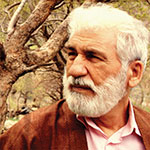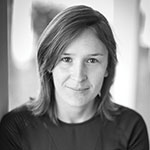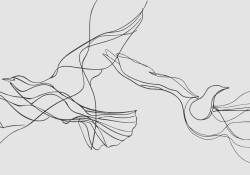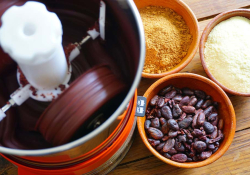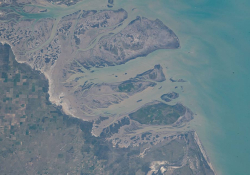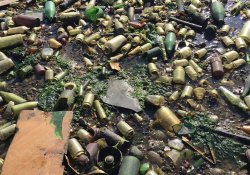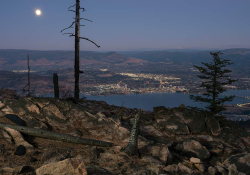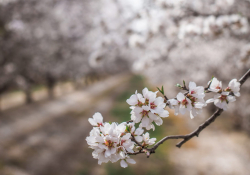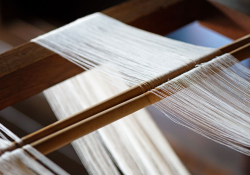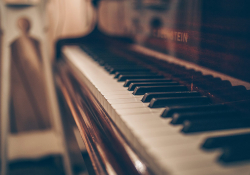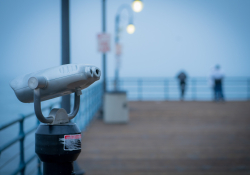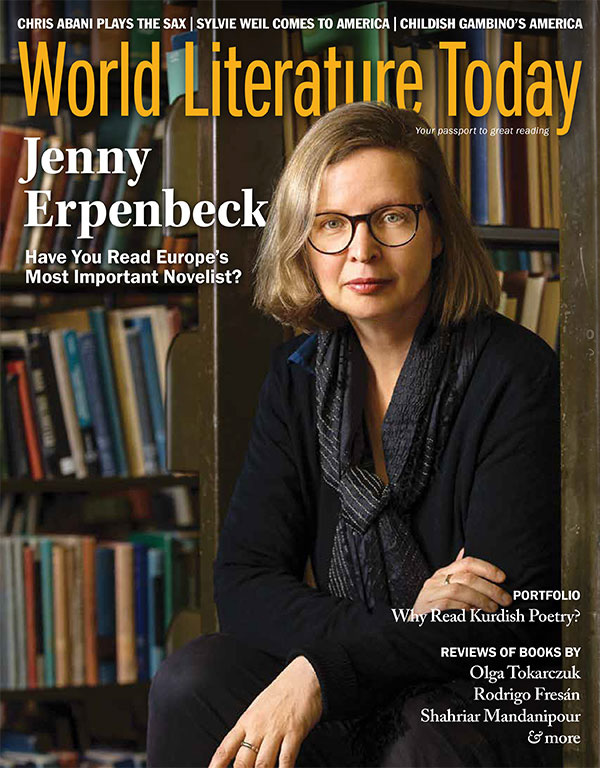Three Poems
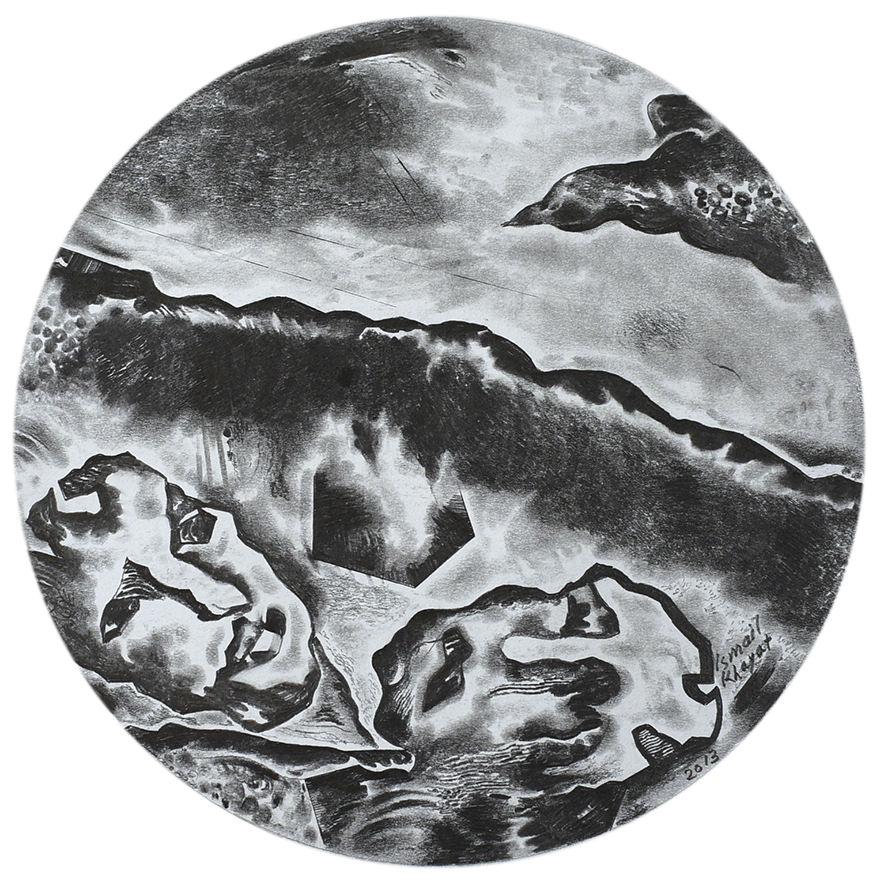
Soccer
I see Kurdistan as a soccer field,
independence as a ball, plump with air.
From the beginning of our existence,
running has been our destiny.
It has been destined this constant motion:
for the ball to fly
and for us to chase it.
Whenever the ball comes to us
we go mad,
and, with all our strength,
we kick it away.
Graveyard
Why be afraid of the graveyard?
At least in that land,
silent as a weighing scale,
I can settle in a little house of my own
that will let me forget the migration from warren to warren,
a little house
for which I will never pay rent,
for which no one will ever ask me to return the key.
To the Critics
You have asked me relentlessly
where I get my freedom,
how my tongue,
a leaf of muscle, a helpless sliver of meat,
could rip out
the curtains of Pharaoh’s palace,
how it could fearlessly
pass through barbed wire,
over a land of thorns.
Which throne or crown backs you, you ask.
Whose pocket were you cut from, you ask.
Go easy.
Let me tell you:
when my poverty is a coffer always full,
when my homelessness is a skyscraper,
when insomnia’s bed is warm
and across the four seasons
my vineyard’s griefs grow so juicy and full,
a nail couldn’t be driven between them,
how, then, is freedom not drawn to me?
how, then, is tenacity not my confidante?
Translations from the Kurdish
See an overview of the special section on Kurdish poetry from this issue.
